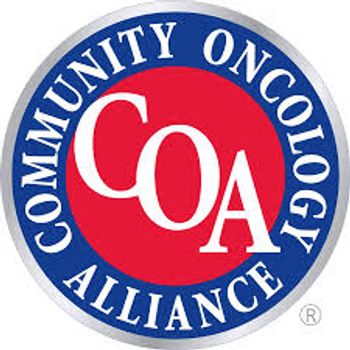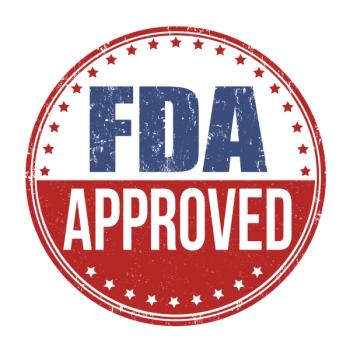
Employers have the focus, innovative mindset, analytical tools, and drive to partner effectively with innovative cancer care entities to bring better care to their respective members.

Employers have the focus, innovative mindset, analytical tools, and drive to partner effectively with innovative cancer care entities to bring better care to their respective members.

Texas Oncology physicians discuss utilization of telemedicine, evaluating trends, barriers, and opportunities in care delivery during the coronavirus disease 2019 pandemic.

Multicancer early detection technology could help reduce cancer mortality compared to the current strategy of single-cancer screening tests.

In an interview with Evidence-Based Oncology™, City of Hope's Harlan Levine discussed the rising interest of employers in cancer care and how AccessHope can help them deliver better care where their employees live.

In this issue of Evidence-Based Oncology™, we explore the role of collaboration between employers and providers in reducing health care costs, improving workforce health and productivity, and improving health care.

The COVID-19 pandemic has impacted specialty practices generally and oncology practices especially have been resilient throughout the pandemic.

Among older women with and without breast and ovarian cancers, testing for the BRCA gene dropped precipitously between 2008 and 2018.

As some private health insurance companies move to end waivers of cost sharing for virtual care, there will be several aspects to monitor for employers, particularly its impact on accessibility and potential deferral of health care services.

In a pair of sessions at the Quality Cancer Care Alliance Virtual Fall Leadership Summit, speakers discussed the promise of precision medicine for not only informing individuals’ cancer treatment decisions but also identifying individuals at high risk before disease develops.

The liquid serum assay was cleared for use as a companion diagnostic for olaparib to identify patients with BRCA1/2- and/or ATM-mutated metastatic castration-resistant prostate cancer.

Value-based insurance design has made gains in oncology, but there's more work to do.

Panelists at the Community Oncology Alliance Payer Exchange Summit take issue with strategies they say harm patients and don't save money in the long run.

A panel of key opinion leaders discuss how employers and self-funded companies should assess provider quality and value in cancer care at the 2020 Community Oncology Alliance Virtual Payer Exchange Summit.

Evolution and collaboration are the fundamentals of bringing oncology payment reform plans to fruition, say 3 professionals on the front lines.

During a session on day 1 of the Community Oncology Alliance (COA) Virtual Payer Exchange Summit on Oncology Payment Reform, a panel of experts discussed the ways COVID-19 continues to impact cancer care and payment reform.

It is the first PD-1 inhibitor to be approved to be used as a monotherapy for the treatment of adult and pediatric patients with relapsed or refractory (R/R) classical Hodgkin lymphoma (cHL).

Nearly 10,000 deaths from non–small-cell lung cancer (NSCLC) were likely delayed between 2014 to 2016, the researchers calculated.

The safety profile of nivolumab plus chemotherapy was also consistent with previously reported studies in NSCLC, the researchers said.

A study and accompanying editorial from the Journal of Clinical Oncology found that Hodgkin lymphoma survivors still face a higher risk of non-cancer death than the general population.

As the pandemic contributed to a significant decrease in the use of health care services in 2020, an analysis finds that employer health care benefit costs will likely increase in 2021 to address this deferral in care.

Results from a study on Canadian women who did and did not participate in a population-based breast cancer screening program show that interval breast cancers are more aggressive and deadlier than screening-detected cancers.

259 Prospect Plains Rd, Bldg H
Cranbury, NJ 08512
© 2025 MJH Life Sciences®
All rights reserved.
